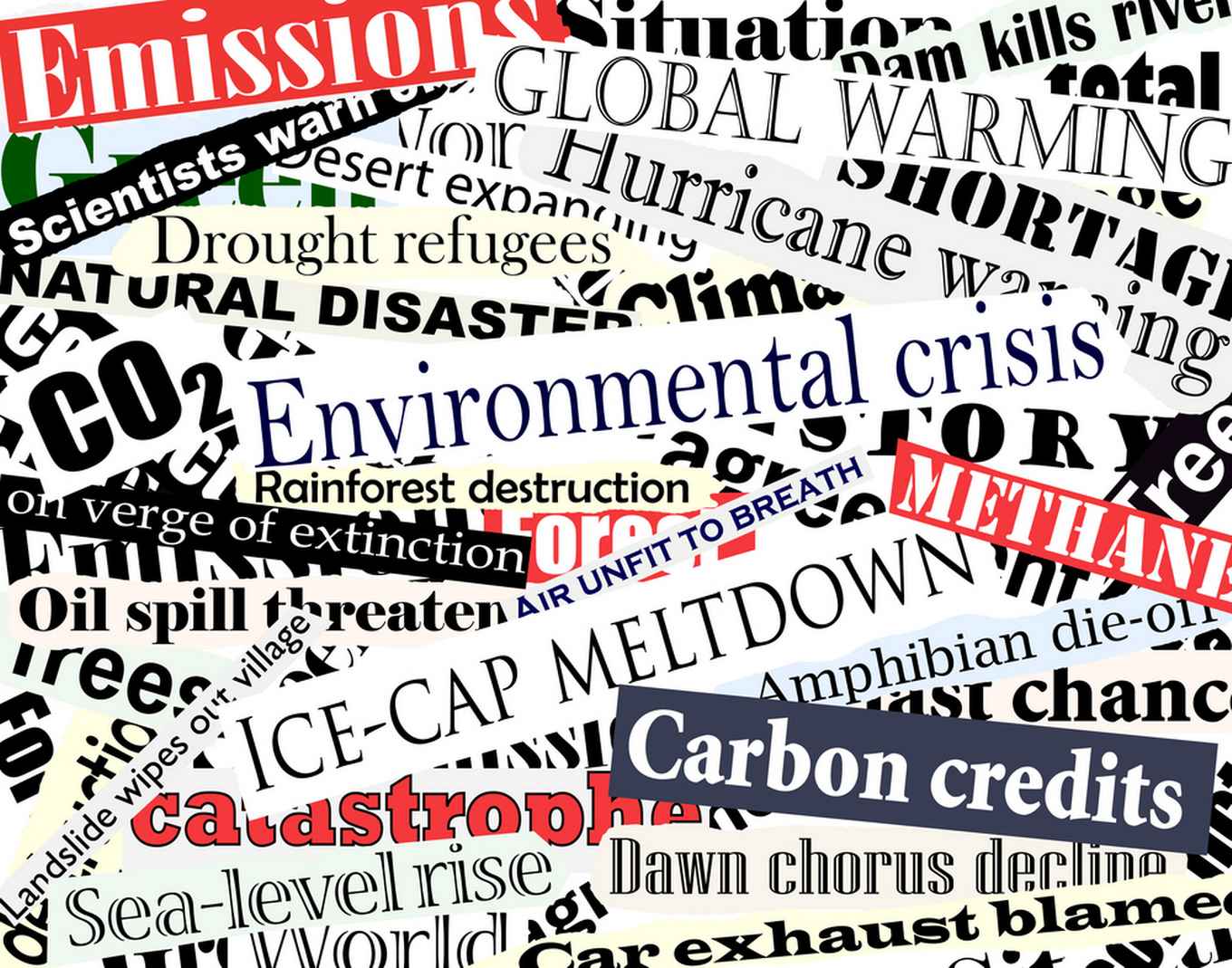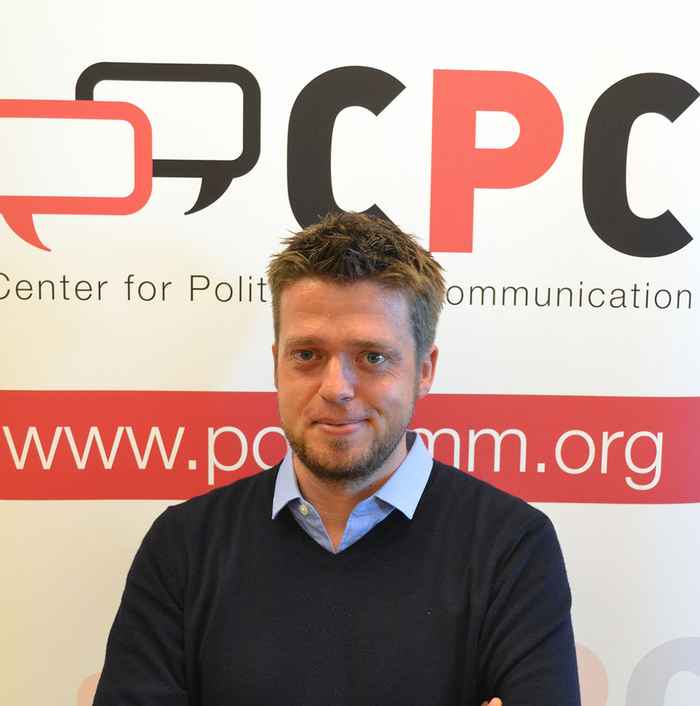Why we might need more solutions journalism about climate change
12 November 2021

In the run up to the climate summit in Glasgow, news media reported a lot about climate change and where we stand. Doom scenarios dominated and what would happen if world leaders would not act now. But what effect does such news have on us, does it get us more involved? And how much of the information in alarming news reports actually sticks with us? ‘I sometimes quiz my students in my classes and ask them what they really know about the Paris Agreement’, tells communication researcher Andreas Schuck, ‘and they know very little even though there is so much talk about it in the news and in public debate.’

News frames matter
In his research Schuck focuses on the communication of complex (political) issues, like climate change, and how this influences public opinion and behaviour. ‘With complex issues, like climate change but also EU politics and Covid, people tend to remember little about the often complicated facts and details and seem to a large degree to be led by morals, emotions and individual risk perceptions when forming their opinion’, tells Schuck. ‘This gives room to news media to frame issues in certain ways that appeal to these morals, emotions and perceptions.’ Moreover, climate change is an existential crisis that might not affect us directly yet, says Schuck. ‘Not everybody had his or her house being flooded, many of us still experience the consequences of climate change rather indirectly. In such a context it does matter how the media present the issue. Many people get afraid or angry when they hear their lifestyle and daily lives will (have to) change. But they also develop empathy towards the victims of climate change if that is how the issue is being presented to them.’
Understanding how news frames affect us will not only help improving climate change communication and get people more engaged with the issue. ‘News frames also influence public opinion and in the end, public opinion has an impact on policies and election outcomes and the future direction we are taking’, states Schuck.
Testing the effects of different ways of reporting news
To understand how news frames influence us Schuck tests the effects of different ways of news reporting about climate change. ‘For example, we studied the effects of different levels of journalistic quality in climate change coverage. From anecdotal evidence all the way up to a scientist who presented a well-reasoned argument and from very few to a variety of different sources. We found that for people who are not really engaged with the topic yet and who know very little about it, coverage that might be seen as ‘good’ from a normative standpoint can be rather ineffective. Good quality coverage of a topic might be a goal in itself, but it can also be perceived as too complicated and not engaging by some people – and arguably exactly those who we would want to get involved in the topic the most.’
The potential of solutions journalism
A specific form of climate communication Schuck now focuses on, is that of solutions journalism and what beneficial impact it could have. The basic idea behind solutions journalism is to not focus only on negativity and conflict but also on actual solutions that are currently being tested and implemented. ‘Linking the problem to possible solutions carries the potential to increase individual perceptions of self-efficacy, the sense that it matters what we do and that it is in our power to change things, which is an important pre-requisite to take action and get engaged or change behaviour’, explains Schuck.
Schuck wants to find out what emotions will be triggered by solutions journalism. ‘From research we already know that some emotions are stronger mobilizers than others. Fear can be quite demobilizing, hope can reduce one’s threat perception and willingness to sacrifice for climate change, guilt but also empathy can be important reasons for people to take action. Anger, typically, is found to be a strong mobilizer, especially when combined with a sense of self-efficacy. People who get angry and also have a higher sense of self-efficacy are more likely to take action’, explains Schuck. This mobilizing effect of anger is weaker when people are angry but do not have the sense that they can themselves change or do something about the situation. ‘Solutions journalism could likely add to this sense of self-efficacy by stressing the fact that there are ideas and solutions currently being tested or considered and it does matter how we act both individually and as societies.’
Obstacles to solutions journalism
Schuck understands that it might take some time for journalists to incorporate this solutions-centered approach, when negativity and conflict have such high news value. ‘Journalists might wonder who will read news about climate change that talks about solutions rather than just the threats and risks and drama? However, in a context such as climate change in which negativity is the norm positive news has the potential to stick out and as researchers we can provide empirical research to help answer such questions.’
As illustration Schuck mentions a first study in which participants reported positive feelings about solutions journalism and increased levels of self-efficacy. ‘I think I have never gotten more positive feedback on a study by participants than in this one on solutions journalism. Participants reported being very interested in the news items and feeling very engaged and also of being sick and tired of the typical doom stories they normally hear or see about climate change.’